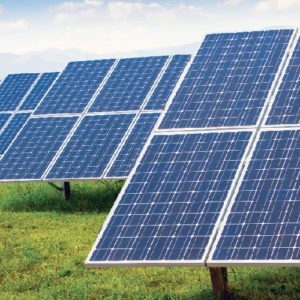Energy Production
Broadly speaking, the use of fossil fuels for energy (including electricity, heating, transportation, and other uses) is the single largest contributor to greenhouse gas emissions and climate change. Fossil fuels still supply a considerable share of energy for electricity, heating, transportation, and other energy-producing uses. Energy Production is a cross-cutting sector in that nearly all activities that take place in the community require energy of some sort. While state or federal policies that would increase the percentage of electricity generated through renewable sources are under consideration, opportunities also exist for residents and Easton’s local government to produce small-scale renewable energy or fuels, offsetting the need for fossil fuels.
- Educate residents and businesses about the benefits of renewable energy and the options available to them.
- Create educational events and materials on the importance of energy conservation, retail electric shopping and the availability of renewable options.
- Maximize energy generated by small scale renewable energy systems within the city
- Publicize and expand incentives for rooftop solar panel installation.
- Revise building codes and ordinances that may act as obstacles to solar panel installation.
- Install solar panels on city buildings where possible.
- Pursue small scale hydroelectric projects on the Lehigh and Delaware canals.
- Continue development of the methane capture cogeneration project at Easton Joint Sewer Authority treatment plant.
- Provide support for solar installation on new construction and major renovation projects.
- Support policy changes that expand renewable electricity options for all Easton residents.
- Support proposed legislation to enable community solar projects.
- Explore Community Choice Aggregation to increase local control over electricity sources for lower carbon electricity at lower prices.
- Prioritize local renewable electricity options and consider financing a renewable power project.
- Encourage intermunicipal cooperation for renewable energy projects at regional scales.


